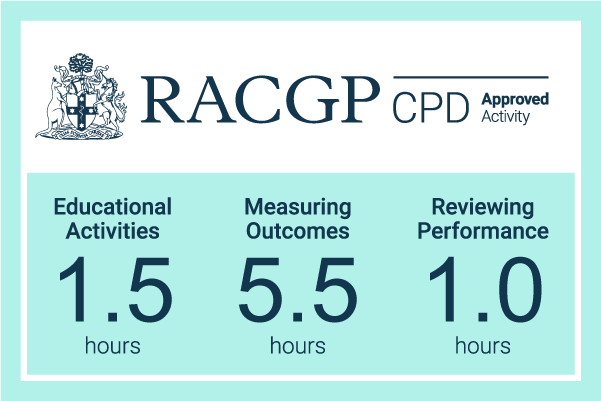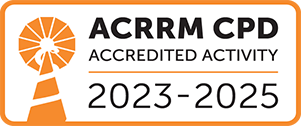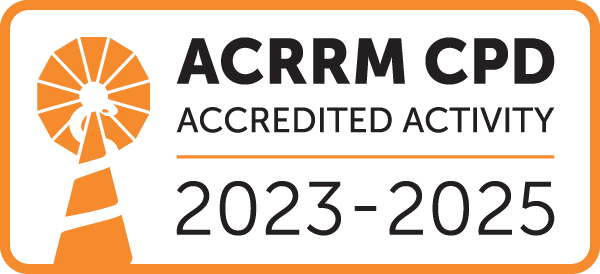

Sponsored by:

Chronic heart failure (referred to hereafter as heart failure, HF) remains a major public health issue in Australia, placing a significant burden on both healthcare resources and patients' quality of life. With a high prevalence, rising incidence, and significant morbidity and mortality, the need for improved management of HF, particularly in terms of guideline-directed medical therapy (GDMT), is urgent.
This audit seeks to address those gaps in care and encourage widespread adoption of evidence-based practices.
Learning outcomes
By the end of this audit, participants will be able to:
- Assess the impact of morbidity, mortality, and healthcare burden associated with HF, including the high rates of hospitalisation, rehospitalisation, and the significant economic costs, emphasising the need for improved management and adherence to guidelines
- Describe the key components of GDMT for HF (including ACEIs, ARNIs, BBs, MRAs, and SGLT2Is) and discuss their proven benefits in reducing mortality and hospitalisations in patients with HFrEF and HFpEF
- Identify common barriers to the effective implementation of GDMT in clinical practice, including under-prescription, patient-related factors, and systemic challenges, and explore strategies to overcome these barriers
- Interpret the role of NT-proBNP testing to aid in diagnosing HF, particularly in non-hospital settings, and outline how these tests can enhance detection, improving diagnostic efficiency and cost-effectiveness
- Apply evidence-based guidelines for the management of HF in clinical practice, including the appropriate use of pharmacological treatments based on ejection fraction to optimise patient care and outcomes.
Abbreviations
ACEI, angiotensin-converting enzyme inhibitor; ARNI, angiotensin receptor-neprilysin inhibitor; BB, cardio-selective beta blocker; GDMT, guideline-directed medical therapy; HF, heart failure; HFpEF, HF with preserved ejection fraction; HFrEF, HF with reduced ejection fraction; MRA, mineralocorticoid receptor antagonist; SGLT2I, sodium-glucose co-transporter 2 inhibitor.
This audit is designed to take 8 hours and is accredited for following in the 2023-2025 triennium:

1.5 Educational Activity hours, 1.0 Reviewing Performance hours, and 5.5 Measuring Outcome hours in the RACGP CPD Program for the 2023-2025 triennium

1.5 Educational Activity hours, 1.0 Reviewing Performance hours, and 5.5 Measuring Outcome hours in the ACRRM PDP for the 2023-2025 triennium
Other healthcare professionals can still enrol and complete this course. You will receive a certificate upon completion.
START LEARNING
If you do not already have an account with Arterial Education, you will be required to create one. This verifies that you are a healthcare professional and allows you to log your learning activities.


